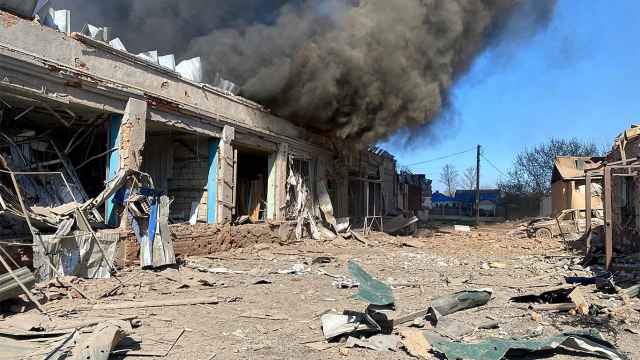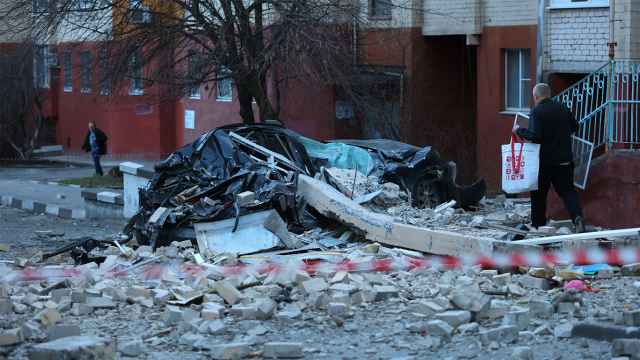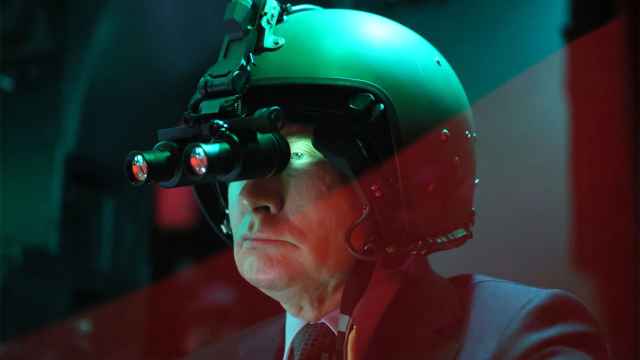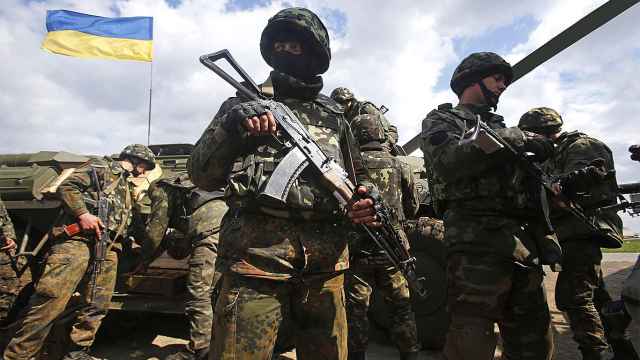Russia's approach to the Middle East is based on a worldview that is fundamentally different from the one shared by West. The currently dominant discourse in Russia is that of a culture that incorporates both Western and Eastern influences while preserving its own distinctiveness. As supporters of the so-called civilizational approach insist on protecting Russia's distinct values, the foreign policy debate is increasingly framed in cultural categories.
The Kremlin has identified two prominent threats to its vision of Russia as a civilization at the intersection of the Western and Islamic worlds. The first of these threats is radicalized and militant Islam. Russian analysts and politicians often speak of special relations with Muslims but differentiate between moderate and radical Islamists. President Vladimir Putin has expressed his respect for traditional Islam, saying that it is integral to Russia's religious, cultural and social fabric. Putin has also made a point of separating moderate Islam from "all forms of religious intolerance and extremism."
Russia's fear of militant Islam has domestic roots. The growing influence of Islamist ideologies, rising immigration from Muslim-dominated former Soviet republics and desolation in the North Caucasus have created a dangerous environment. Previously contained in Chechnya, Islamist terrorism has spread to Dagestan, Ingushetia, Kabardino-Balkaria and North Ossetia. On Aug. 29, a female suicide bomber killed a leading moderate Muslim cleric in Dagestan, Sheik Said Atsayev, who had been negotiating with radical Islamists.
The second threats to Russia's cultural perspective comes from a radical, ethnocentric trend within the Western civilization. This school of thought seeks to present the West's values as superior to those of the rest of the world and justify the legitimacy of hegemonic and military actions toward others. Since NATO bombed Yugoslavia, the Kremlin has treated the West's tendency to use force for solving global crises as a threat to the world's stability. Russia supported the United States in its war with terrorism after 9/11 but advocated a measured response within the United Nations' jurisdiction. The Kremlin supported the U.S. intervention in Afghanistan but not in Iraq.
From Russia's point of view, what began as a counterterrorist operation in Afghanistan with relatively broad international support turned into a "war of civilizations," or a U.S. crusade against Muslims. Instead of engaging moderate Muslims, U.S. policies tended to isolate them, which played into the hands of Islamic fundamentalists. As a result, Westernist and Islamist trends collided and spread violence and instability across the world. This explains Russia's fear of regime change in the Middle East, which the Kremlin sees as the recipe for radicalizing global Islam.
In attempting to restrain the Westernist trend, the Kremlin has reached out to the outside world by arguing against a military intervention in Syria and making a case for negotiations between Syrian leader Bashar Assad and the country's rebel forces. After the West-demonstrated tendency to rely on force from Yugoslavia to Libya, the Kremlin sees Westernism as the dominant trend in Western capitals. This is why Russia, acting jointly with China, vetoed the U.S.- sponsored UN Security Council resolutions regarding Syria. As the West presses Russia on Assad's departure, Moscow believes that this will only destabilize the region.
In addressing militant Islamism, Russia has tried to strengthen those whom it perceived as moderate political forces in the Middle East. Russia's willingness to engage Iran, Hamas and Syria was an attempt to compensate for the West's blunders, such as calls to boycott elections in Iran or attempts to pressure Palestinian voters or support Syrian rebels.
The Russian emphasis on negotiations did not result in a peaceful settlement in Yugoslavia, Egypt or Libya. The civil war in Syria, too, may have gone too far to enable an effective peaceful solution to be found. Still, despite difficulties and risks involved, there is hardly an alternative to dialogue and negotiations. Regime change by itself does not bring peace, as Iraq and Libya teach us. In many cases, it only intensifies violence and instability. Attempts to overthrow Assad's regime by supporting the opposition are proving counterproductive.
If outside powers continue on the path of partisan support for conflicting parties, the Syrian crisis will turn into a proxy war of leading powers. Syria will then become the first casualty of the new multipolar world order, and others may follow.
Andrei Tsygankov is professor of international relations at San Francisco State University.
Related articles:





